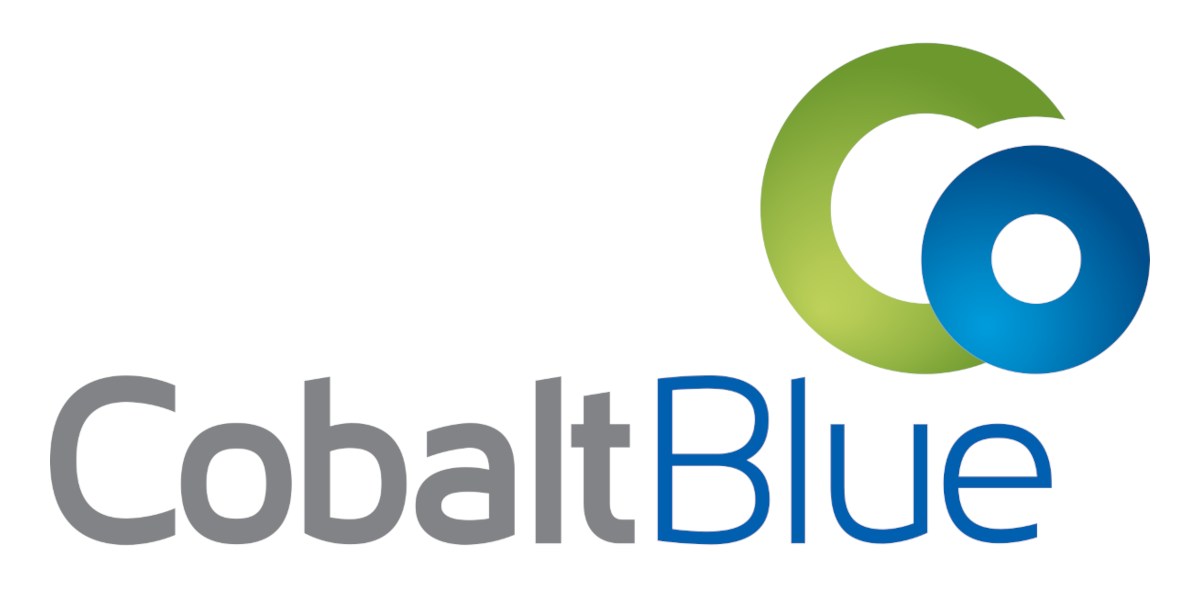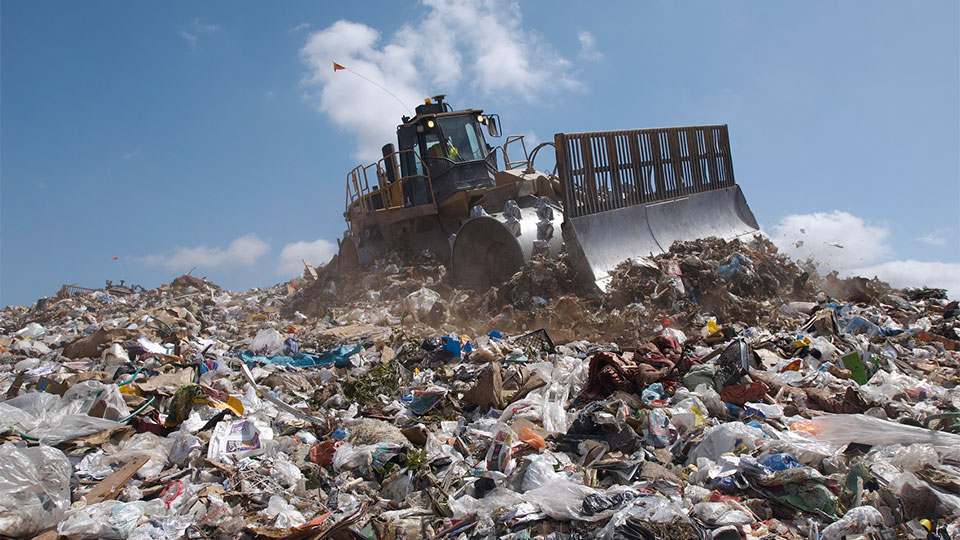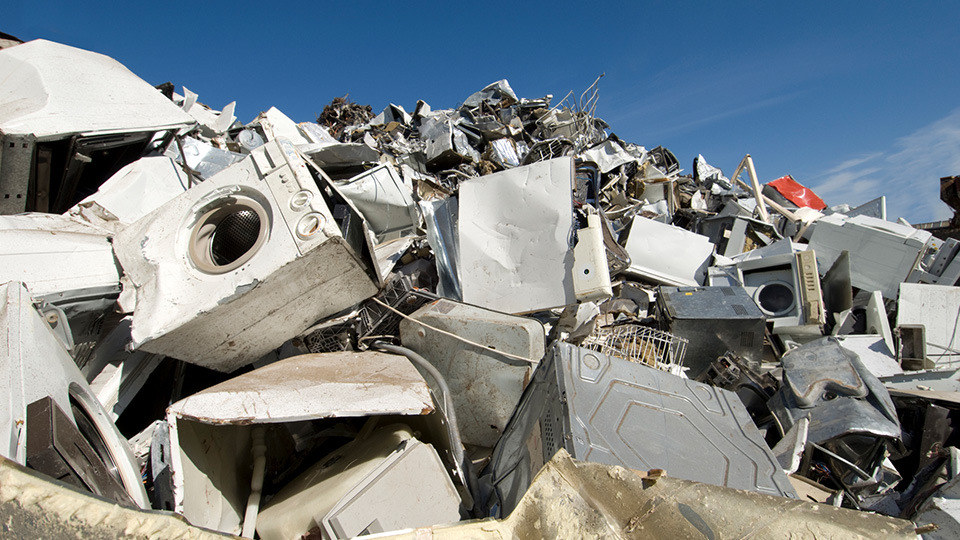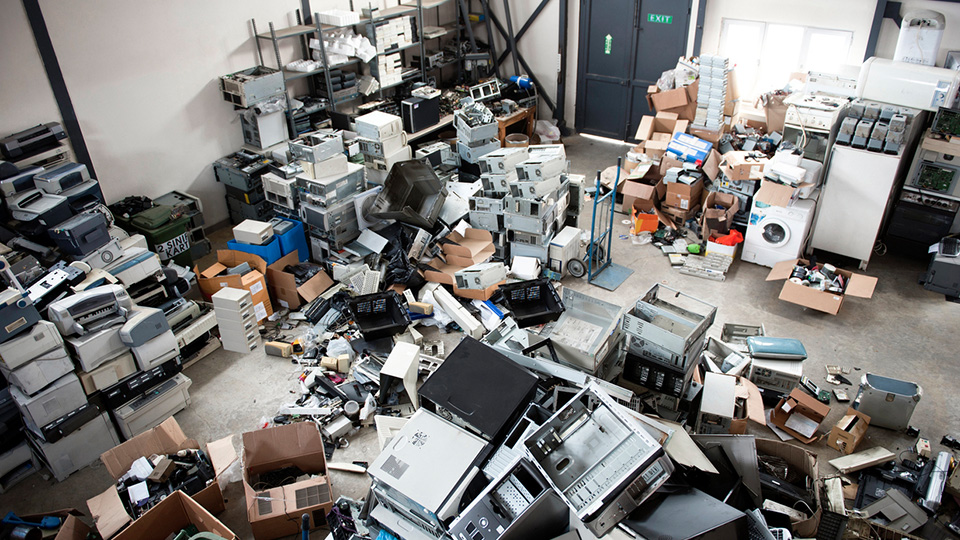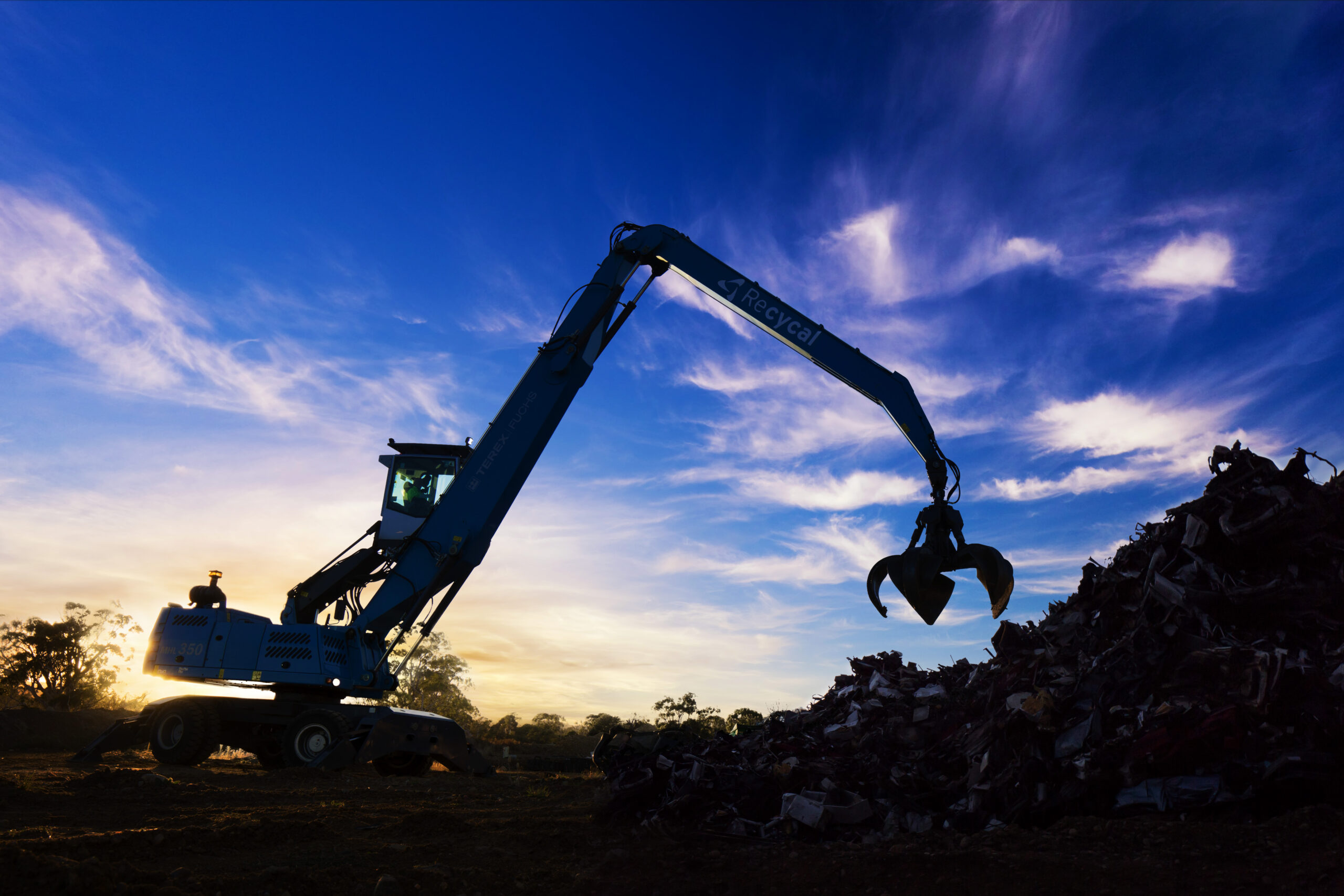White goods are large electrical items used in the home and yep, you guessed it, they are often white in colour.
To be a bit more specific, white goods comprise refrigerators, washing machines, clothes dryers, ovens and stovetops, microwave ovens and air conditioners.
On the one hand, they are attractive objects for recycling because they contain a lot of steel, aluminium and copper that can be extracted and reused.
On the other hand, they are often big and heavy and hard to fit into your typical family car, so, from a practical point of view, can seem like a mission to recycle.
But, just as it is important to recycle other items, you should recycle white goods. Here are a few questions you can ask first:
Does it still work?
If the item is still in good condition and working order, some charities may be willing to collect it from you.
Many don’t however, due to the cost of ensuring things work and are safe. But it’s worth giving it shot before making the trip to a recycling facility.
Are you buying a replacement?
If your old fridge or washing machine has just died and you’ve bought a new one, the retailer will likely offer to take your old appliance away for recycling at the time of delivery.
They may charge a nominal fee for this.
Does your council collect hard rubbish?
Some councils operate ‘on demand’ hard rubbish collection programs, while others have scheduled collections.
Either way, you only need to get your old white goods out to the nature strip. The council will take them from there and see that they are responsibly recycled.
Take particular care not to damage the tubing in fridges as it contains refrigerant. Older fridges may still contain ozone-destroying CFCs. The refrigerants in newer fridges may be flammable.
Can you transport it?
Many metal recycling companies, including Ecocycle’s sister company Recycal, will pay for old appliances if you can transport them to their depots.
How much you get depends on the market value of base metals. If you can’t cash in on your old white goods, check with your local council.
Outside of hard rubbish collection cycles, you may be able to take old appliances to council waste transfer stations.
To find the recycling solutions available for white goods in your area, go to recyclingnearyou.com.au
If you’re a large business or corporation looking for large-scale e-waste recycle solutions, get in touch to see how Ecocycle can help.
We can tailor a collection program to suit your needs. Simply give us a call on 1300 32 62 92 or send us details via the contact form below.

